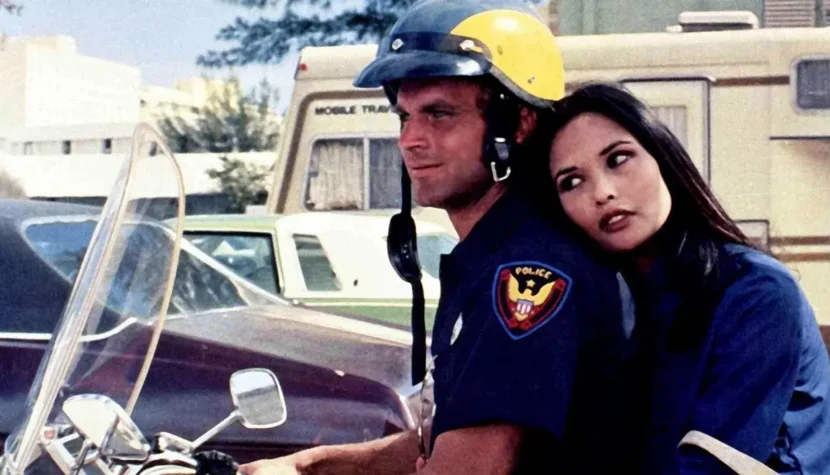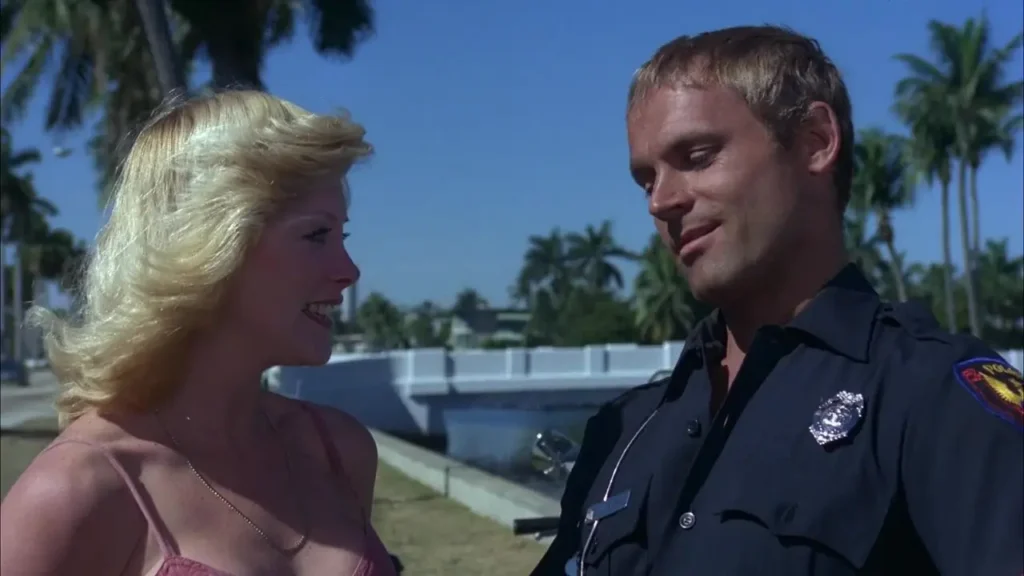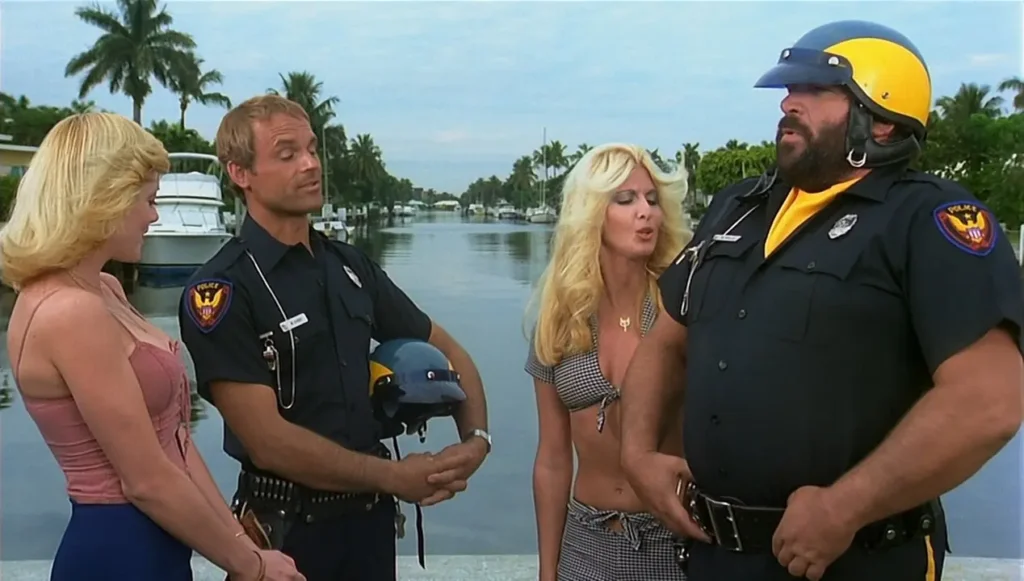CRIME BUSTERS. Bud Spencer and Terence Hill in a film where the plot takes a back seat

In the 1960s, spaghetti westerns became hugely popular. These were films set in the American Wild West but made primarily by Italians, though the cast and crew often included a few Americans. Without a doubt, the most famous example is Sergio Leone’s so-called “Dollars Trilogy,” starring . But other filmmakers also ventured into this genre. One of them was Giuseppe Colizzi, who in 1967 directed “God Forgives… I Don’t!”. On set, two actors met: Carlo Pedersoli and Mario Girotti, better known as Bud Spencer and Terence Hill. Although it wasn’t their first film together, this was the first time they played leading roles. Moreover, it marked the beginning of a beautiful friendship, leading to sixteen more joint projects over nearly 30 years, with which they captured audiences’ hearts worldwide. “God Forgives… I Don’t!” is a classic western, made in a serious tone, so it doesn’t quite reflect the typical Hill and Spencer style. The duo usually gravitated toward lighthearted, even slapstick, settings, with their joint films characterized by a hefty dose of humor. The plots were generally similar, built around the contrast between the lean, agile, and expressive Hill and the burly, calm, and nonchalant Spencer. This colorful duo would get tangled in all sorts of escapades involving shady characters, resulting in spectacular fight scenes. The film “Crime Busters”, the duo’s eleventh collaboration, fits perfectly into this formula.

Filmed in Miami, “Crime Busters” features shots of this multicultural city, long before Brian de Palma’s “Scarface” and Michael Mann’s “Miami Vice” put it on the map in the following decade. From the opening scene—where Spencer roughs up some small-time thugs at the docks—it’s clear what kind of production we’re dealing with. The next scene, where Hill beats up the same thugs again, only reinforces this impression. Later, through a humorous turn of events, the two heroes end up joining the ranks of the police.
The plot, however, is secondary here. “Crime Busters” is far from highbrow cinema. But it’s simply a blast to watch the adventures of cheerful Hill and eternally grumpy Spencer. Their escapades are lighthearted, problems are solved with fists, and everything is bathed in the warm rays of the Florida sun. And the icing on the cake is the fight scenes. Here, choreographers and stunt performers could truly go all out. Whether it’s a brawl at the docks, a scuffle in a hamburger bar, or a rumble in a bowling alley, no one could “sell” a slap quite like Bud Spencer (who in his youth was an accomplished swimmer and water polo player). In “Crime Busters”, clad in a jacket with the word “JUMBO” emblazoned across it, this bearded giant with a heart of gold gives his opponents a real thrashing. Hill is right there with him, though he has to put in a bit more running around to get the same effect. Interestingly, Hill later played the title role in the Italian TV series “Don Matteo”, which inspired the Polish series “Ojciec Mateusz”.
The crew was almost entirely Italian, later dubbed into English by anonymous American voice actors (Hill dubbed his own voice). In supporting roles, however, you can spot David Huddleston, known from Mel Brooks’ “Blazing Saddles”, and Laura Gemser, a Filipina beauty who starred in the erotic “Black Emanuelle” series. And we can’t forget the catchy theme song. Composed by Guido and Maurizio De Angelis, it perfectly captures the film’s laid-back vibe.

Today, Hill and Spencer may be somewhat forgotten (though not entirely—the computer game “Bud Spencer & Terence Hill: Slaps and Beans” was released recently, allowing players to take on the role of one of the duo and fight off thugs in their characteristic style). But in the late ’70s and early ’80s, they were immensely popular. In Poland, their films were a huge hit at video rental stores. These titles are definitely worth revisiting because they offer some very enjoyable entertainment—though those seeking a deeper cinematic experience might be disappointed.
Written by Piotr Zymelka

